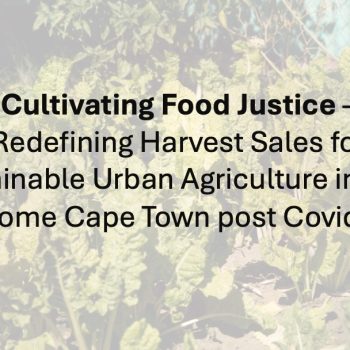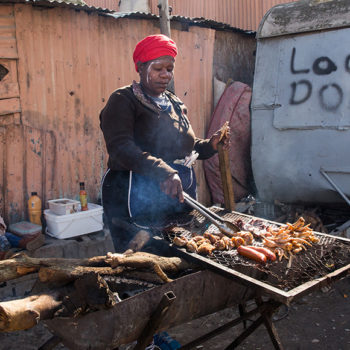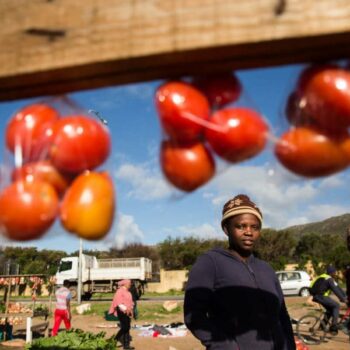WIEGO
WIEGO (Women in Informal Employment: Globalising and Organising) WIEGO is a global research-policy network that seeks to improve the status of the working poor, especially women, in the informal economy. The organisation is comprised of individuals and institutions from three broad constituencies:
- membership-based organisations (MBOs) of informal workers such as trade unions, cooperatives, and worker associations
- researchers and statisticians who carry out research, data collection, or data analysis on the informal economy
- practitioners from development agencies (inter-governmental, governmental, and non-governmental) who provide services to or shape policies towards the informal workforce
Established in 1997, WIEGO strives to create spaces where informal workers have a voice, visibility, and validity, and does so by building capacity among informal worker organizations, expanding the knowledge base, improving statistics and research, and influencing local, national and international policies through dialogue.
ACC collaboration and the WIEGO Urban Policies Programme
WIEGO’s Urban Policies Programme aims to contribute to the reshaping of urban policy debates and government practices by:
• increasing visibility of urban informal workers, their issues and contributions
• demonstrating viable options for including urban informal workers
• shaping urban policy debates and government practices
• supporting membership-based organizations (MBOs) and their campaigns
• institutionalizing inclusive practice via curriculum innovation
Research and dissemination is conducted by a group of researchers largely located in the South and co-ordinated by Caroline Skinner. Since August 2009, the ACC has hosted Caroline Skinner, as policy director of the programme. For more information on Caroline’s work, please visit WIEGO’s Urban Policies Programme’
WIEGO publication series
Enacting its commitment to open source content, WIEGO provides a publication platform, which Caroline Skinner also manages. WIEGO’s publication series is a up-to-date and comprehensive collection of work on the informal economy consisting of approximately one hundred publications. The series hosts different types of resources that are targeted towards and accommodate diverse audiences.







